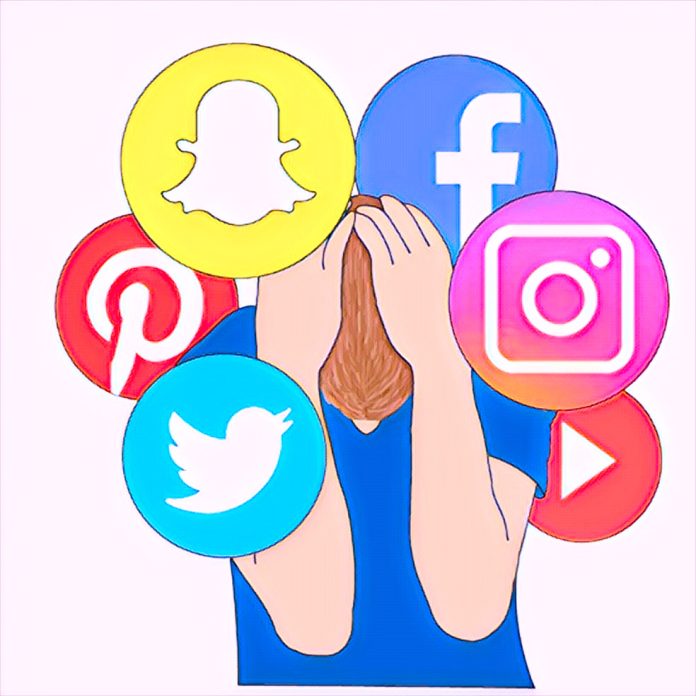KEY POINTS
- The pursuit of social media fame in Nigeria can lead to psychological issues such as stress, anxiety, and depression.
- Public exposure increases risks of privacy invasion, harassment, and exploitation by cybercriminals.
- The drive for online recognition may result in ethical compromises and the spread of negative societal behaviors.
In Nigeria, the allure of social media fame has captivated many, offering a platform for self-expression, entrepreneurship, and global connectivity.
However, beneath the surface of likes and followers lies a complex web of challenges that can have profound implications for individuals and society.
Psychological pressures and mental health
The search for online approval places users under tremendous psychological distress.
The requirement to publish content that connects to a wide audience generates psychological stress that originates in anxiety and depression symptoms.
When used as tools for negative comments and cyberbullying, victims experience deteriorating self-esteem levels which damage their mental health completely.
A report highlighted instances where social media celebrities in Nigeria enjoyed brief periods of fame, only to face obscurity and financial difficulties shortly after.
Privacy invasion and security risks
Social media fame requires people to surrender their privacy for its achievement.
Popular celebrities experience intensive examination of their private lives since their personal information easily gets disclosed to the public.
When personal information gets shared online, it results in security problems such as stalking situations along with harassment threats and identity theft cases.
The activities of “Yahoo Boys” who perform cyber crimes have become widely documented throughout Nigeria.
Internet scammers exploit disclosed personal data to execute benefit-oriented frauds that trigger substantial suffering for victims in both financial and emotional ways.
Moral and ethical dilemmas
Digital recognition pursuits might sometimes cause people to violate their ethical principles.
The goal of remaining important might drive people toward producing attention-grabbing content that confuses what is real from what is made up.
Such actions harm personal integrity while impacting social customs especially among young people who tend to imitate observed behavior.
A study examining the impact of social media on Nigerian teenagers found that exposure to certain online behaviors led to the adoption of antisocial tendencies, including fraudulent activities.
Economic instability and unrealistic expectations
While social media can be a lucrative platform for some, it often presents an illusion of effortless wealth and success.
People devote their efforts along with funds to construct digital platforms for profit yet find themselves competing in a crowded and tough market.
Financial tension together with disappointment emerges when anticipated achievements fail to meet the actual results.
Societal impact and cultural shifts
The rise of social media fame has contributed to shifting cultural values in Nigeria.
Education and professional achievements now play a secondary role as the cyber popularity trend dominates Nigeria’s cultural values.
When cultural values shift in this manner, they diminish important societal occupations and foster an environment where people seek immediate rewards.
Conclusion
Social media enables creativity and connection between users yet people need to exercise caution toward becoming influential online.
Each person needs to be aware of the psychological, ethical and social challenges of being prominent in digital space.
Fighting the unacceptable aspects of social media success in Nigeria requires promotion of digital education and cultivation of authentic identity orientation while teaching users to act properly online.



